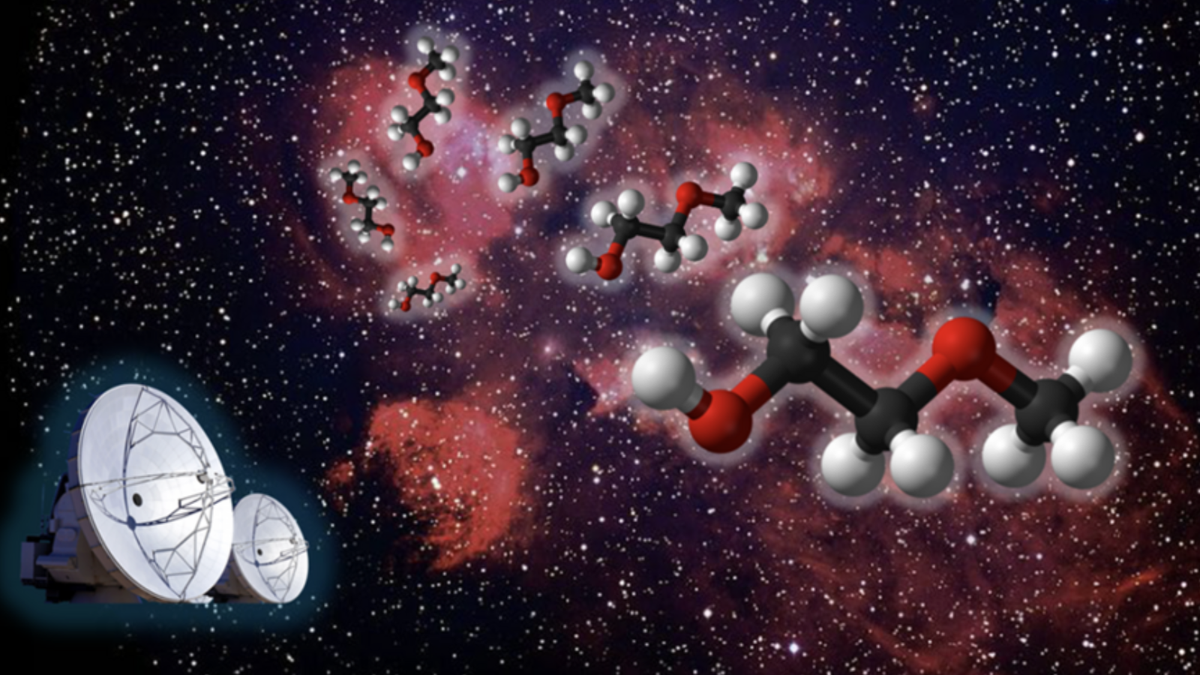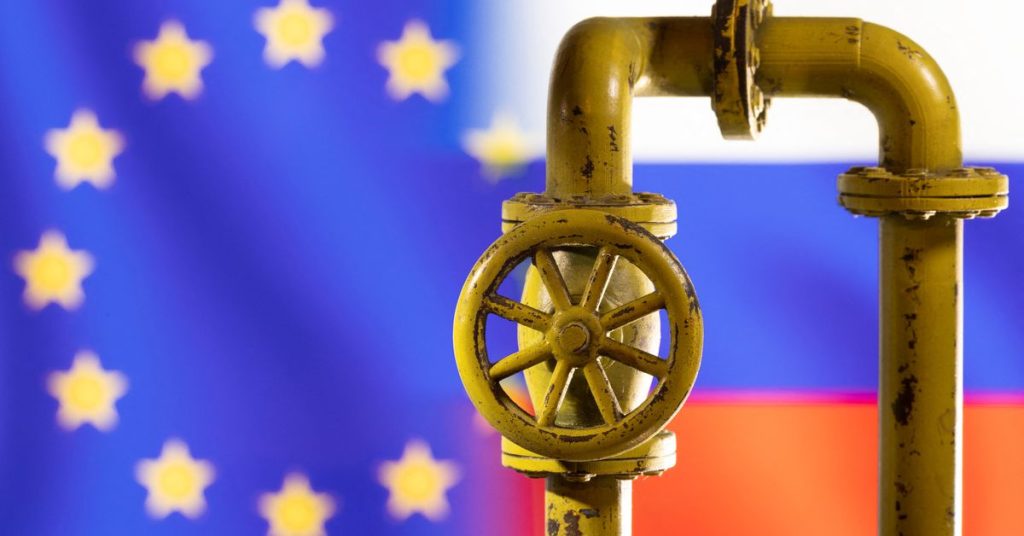BRUSSELS (Reuters) – European Union governments agreed in principle on Thursday to a cap on the price of Russian seaborne oil at $60 a barrel – an idea of the Group of Seven major nations – with an adjustment mechanism to keep the cap at 5 percent. below market price, according to diplomats and a document seen by Reuters.
The agreement still needs to be approved by all EU governments in a written procedure by Friday. An EU diplomat said Poland, which had pushed for the cap to be as low as possible, had not confirmed until Thursday evening whether it would support the deal.
European Union countries have been arguing for several days over the details of the price cap, which aims to reduce Russia’s income from the sale of oil while preventing a rise in global oil prices after the European Union’s ban on Russian crude took effect on December 5.
Countries will be allowed to continue importing Russian crude oil using Western insurance and marine services as long as they do not pay more per barrel than the agreed limit.
The G7’s initial proposal last week was to set a price ceiling of $65-70 per barrel without an adjustment mechanism.
A senior G7 official said the deal was “very, very close” and should be finalized in the coming days, by Monday at the latest. The official expressed confidence that the price cap would limit Russia’s ability to fight its war against Ukraine.
The official said G7 officials were closely watching the oil markets while developing the price cap mechanism and seemed “very comfortable” with it.
Earlier, US Treasury Deputy Secretary Wali Adimo told the newspaper Reuters Nextconference in New York that
The $60 cap was within the scope of the bloc’s discussions and would limit Russian revenue.
Since Russia’s Urals crude is already trading lower, Poland, Lithuania and Estonia have dismissed the high price of $65-70 a barrel as not achieving the main goal of limiting Moscow’s ability to fund its war in Ukraine.
“The price ceiling was set at $60 with a condition to keep it 5% below the market price for Russian crude, based on IEA figures,” said an EU diplomat.
Regular reviews
An EU document seen by Reuters showed the price cap would be reviewed in mid-January and every two months thereafter to assess how the scheme works and respond to potential “turmoil” in the oil market as a result.
The document said a 45-day “transitional period” would apply to ships carrying Russian-origin crude oil that were loaded before December 5 and unloaded at their final destination by January 19, 2023.
Russia’s Urals crude was trading at around $70 a barrel Thursday afternoon.
A G7 price cap on Russian seaborne crude oil is set to begin on December 5th, replacing the European Union’s strict ban on buying Russian seaborne crude, as a way to protect global oil supplies because Russia produces 10% of the world’s oil.
The idea of imposing a G7 cap is to prevent shipping, insurance and reinsurance companies from handling shipments of Russian crude around the world, unless they are sold below the price set by the G7 and its allies.
With the world’s major shipping and insurance companies located in the G7 countries, the price cap would make it very difficult for Moscow to sell its oil at a higher price.
The G7 official expressed optimism that the bloc would also reach an agreement on a price cap and exemptions for Russian refined petroleum products before Feb. 5, when the EU ban on such imports takes effect.
(Reporting by Jan Strobzewski and Kate Abnett) Additional reporting by Andrea Schalal and David Lauder in New York. Editing by David Goodman, Nick McPhee, Lisa Shumaker and Deepa Babbington
Our standards: Thomson Reuters Trust Principles.

“Amateur organizer. Wannabe beer evangelist. General web fan. Certified internet ninja. Avid reader.”






More Stories
Last night's winning numbers, lottery results
IBM Q1 2024 Earnings Report: IBM Acquires HashiCorp
Boeing losses, problems continue to mount